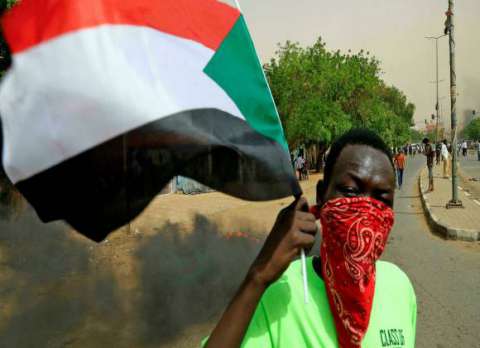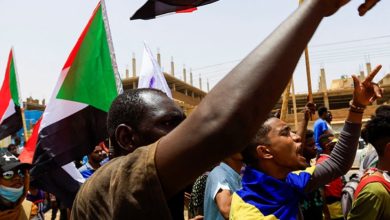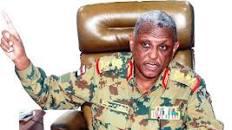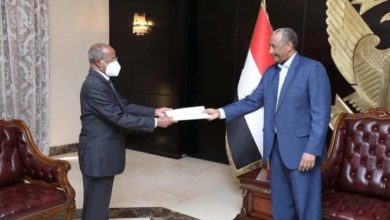A new crisis hits Sudan.. The government warns of the consequences of closing the port of Port Sudan and the “Freedom Forces” threaten to form a legislative council

Khartoum – agencies
– The Sudanese Council of Ministers affirmed that the issue of the east of the country is just and of the highest national priority, but it warned of the consequences of closing the Port of Sudan and the national roads. On the other hand, the Forces of Freedom and Change coalition said that it may resort to announcing the formation of the Legislative Council unilaterally, in light of differences between the political components among themselves and with the military component.
The Council of Ministers said – in a statement – that the country’s stocks of medicines are about to run out, after their arrival faltered due to the closure of the port in Port Sudan.
The Council stressed that this amounts to a crime against millions of citizens and increases the suffering of the people, stressing that the solution to the issue of eastern Sudan is primarily political, according to the Al-Jazeera Net report.
On the other hand, Abdullah Obshar, a spokesman for the Beja Optical Council and the Independent Amaudias in eastern Sudan, said that the eastern region will remain closed, and the ports and roads will not be opened until after the eastern Sudan track is canceled in the Juba negotiations.
For his part, the head of the Sudanese Sovereign Council, Abdel Fattah Al-Burhan, reiterated the full commitment to implement the provisions of the Juba Peace Agreement with the armed movements, the most important of which is the provision of security arrangements.
In a statement on the occasion of the one-year anniversary of the signing of the Juba Peace Agreement, Al-Burhan called on the head of the Sudan People’s Liberation Movement-North, Abdel Aziz Al-Hilu, and the head of the Sudan Liberation Movement, Abdel Wahed Mohamed Nour, to join the comprehensive peace process.
The statement stressed the achievement of the aspirations of the Sudanese people, by preserving the constitutional document and a partnership that sponsors and protects the transition until free and fair elections are reached.
On October 3 last year, the Eastern Sudan Track Agreement was signed in Juba, the capital of South Sudan, within 5 tracks aimed at resolving Sudanese issues and crises in a number of regions of the country.
While this step was rejected by social and political entities demanding the creation of a new negotiating platform, other entities in the east of the country considered the path of eastern Sudan in the Juba negotiations as a way to solve the region’s problems.
Continuing the difference
On another subject, the Forces for Freedom and Change in Sudan said that it may resort to announcing the formation of the Legislative Council unilaterally, and added that the Council will convene with those who attended without waiting for consultations of the civilian and military components.
The differences and accusations between the two components include the issue of delaying the formation of the council and other institutions stipulated in the constitutional document.
For his part, a member of the Sudanese Sovereignty Council, Al-Hadi Idris, said that the civil transformation in the country needs a real partnership between the civil and military parties.
Idris added – during a press conference held in Khartoum on the occasion of the first anniversary of the Juba Peace Agreement – that this partnership must be based on real respect between all parties, as he put it.
On Saturday, political components and armed movements announced a new charter to expand the political incubator of the revolution, amid accusations against the forces of freedom and change of seeking exclusivity with the participation of the army in power and the exclusion of the rest of the civil currents.
These forces and movements held a conference in the capital, Khartoum, yesterday, in which they announced the so-called National Accord Charter to expand the “political incubator” of the revolution.
During the conference, which was held in the Friendship Hall in Khartoum, more than 20 political and party entities and a splinter armed movement from the Forces of Freedom and Change and from outside it announced the launch of the “National Consensus” charter.
The charter calls for a return to the founding platform of the Alliance of Freedom and Change Forces, which led the revolution that overthrew the rule of ousted President Omar al-Bashir.





